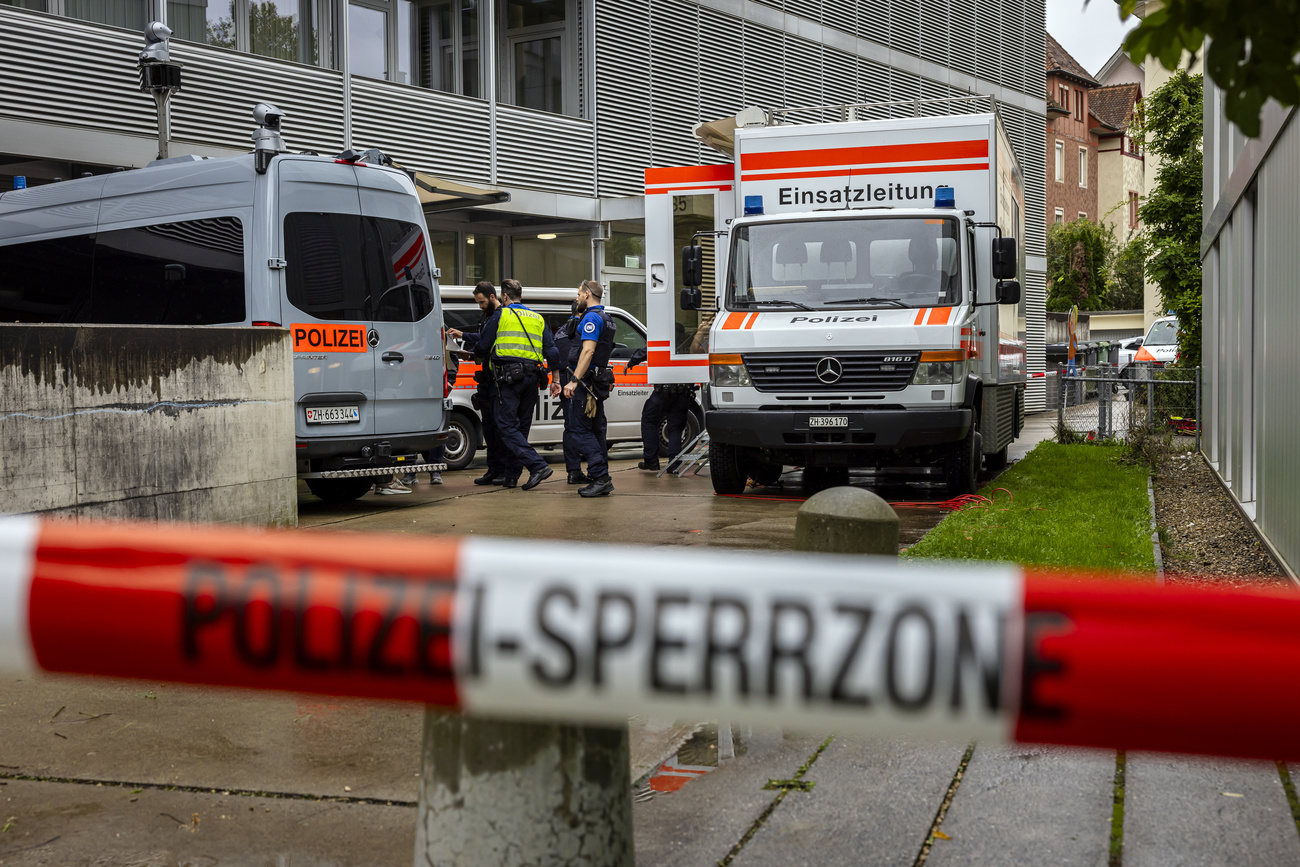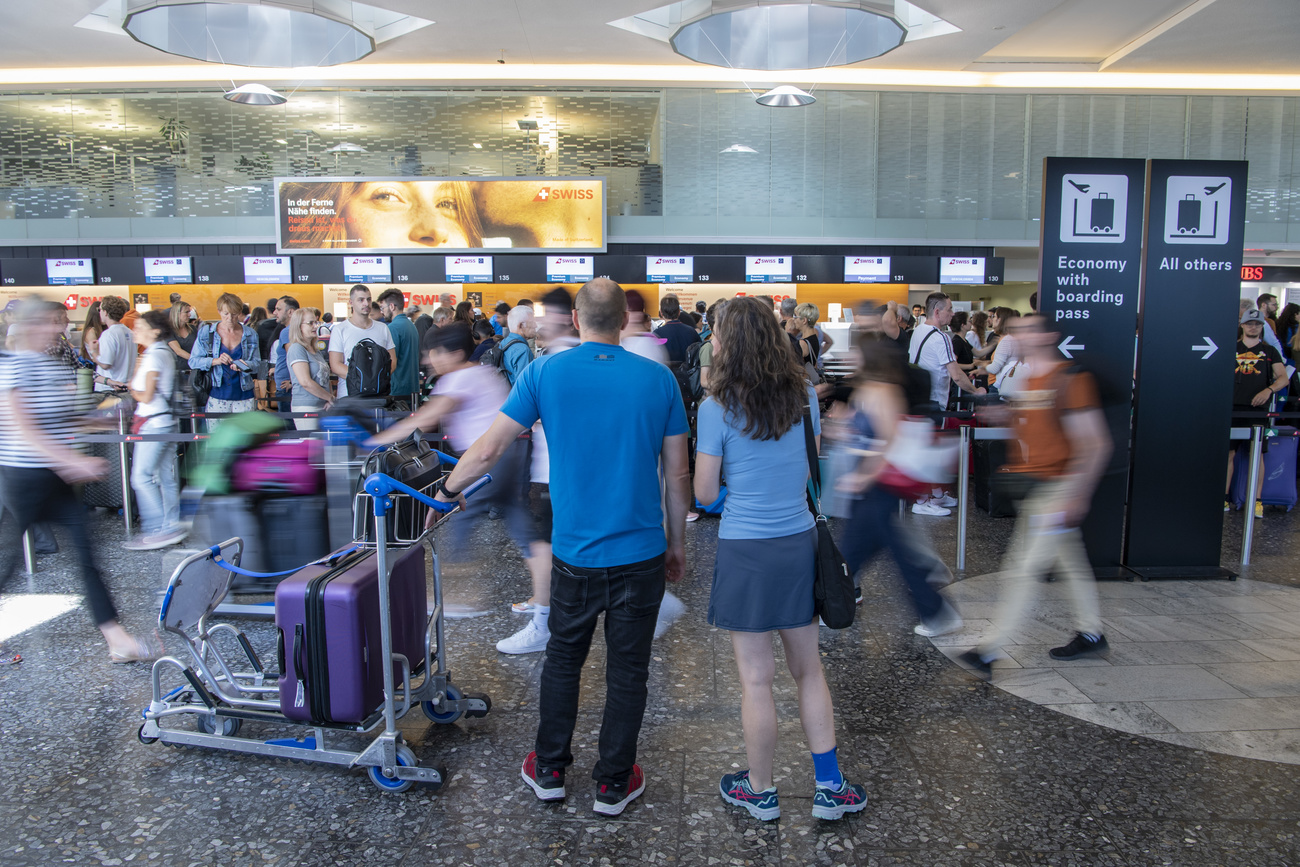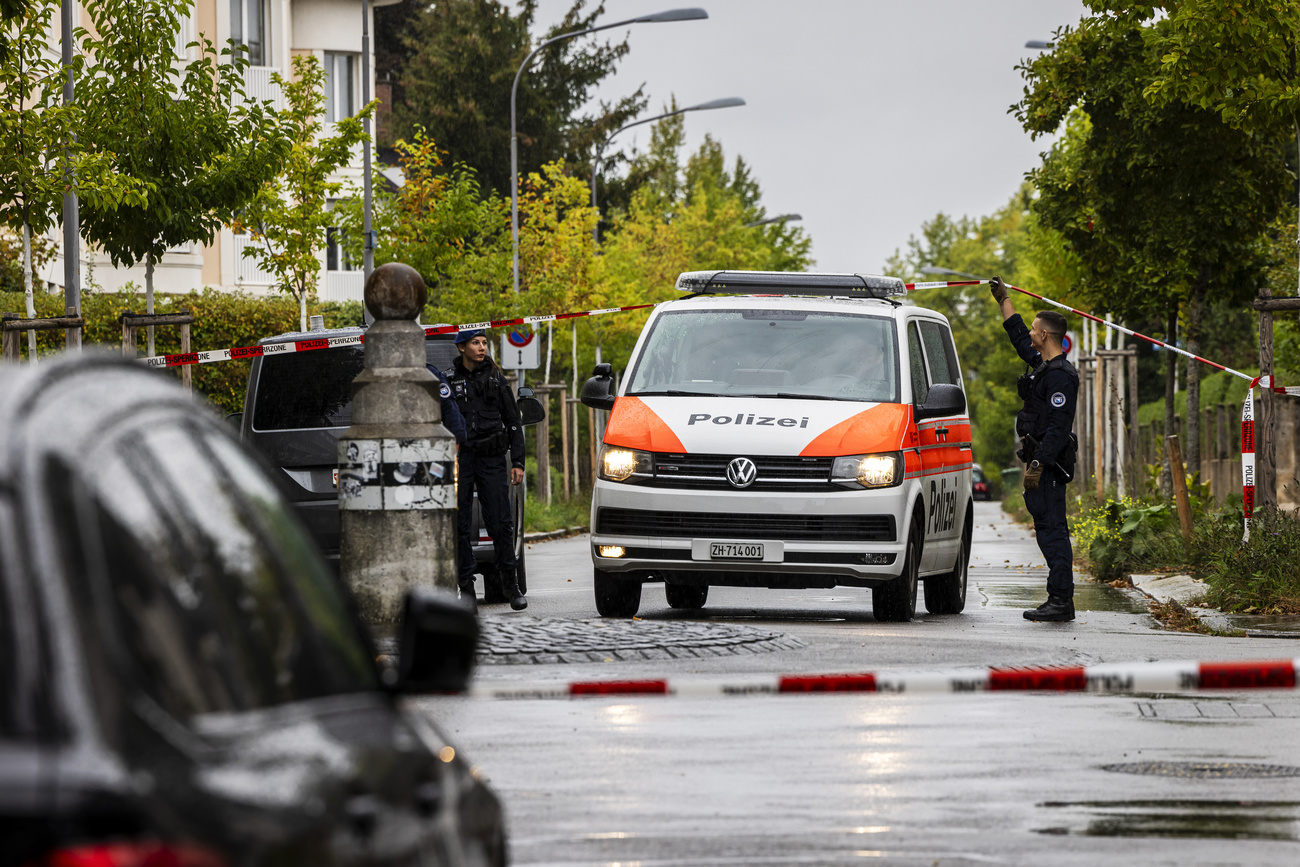Mayor among 6 killed in Israeli strike on south Lebanon municipality building

By Laila Bassam and Maya Gebeily
BEIRUT (Reuters) -An Israeli airstrike destroyed on Wednesday the municipal headquarters in Nabatieh, a major town in south Lebanon, killing the mayor and at least five others as they met to coordinate aid for those suffering from war.
The attack raised fears that Israel’s expanding air campaign, designed to crush Iran-backed Hezbollah, could increasingly include public officials and buildings, which so far have been spared.
Lebanon’s Caretaker Prime Minister Najib Mikati condemned the attack on the provincial capital, saying it “intentionally targeted a meeting of the municipal council to discuss the city’s service and relief situation.”
It was the most significant Israeli hit yet on a Lebanese state building since it expanded its offensive last month and came despite U.S. concerns about rising death tolls and the prospect of all-out war in the oil-producing Middle East.
Israel in recent weeks has assassinated Hezbollah’s senior leadership and pushed into southern border towns, saying it wants to dismantle Hezbollah’s infrastructure to allow tens of thousands of Israelis to return home to Israel’s north.
After Israel first issued an evacuation notice for Nabatieh, a city of tens of thousands of people, on Oct. 3, a Reuters reporter called Mayor Ahmed Kahil to ask if he would leave.
He said he would not.
Israel’s military said on Wednesday it struck dozens of Hezbollah targets in the Nabatieh area and its navy also hit dozens of targets in southern Lebanon.
It said it had “dismantled” a tunnel network used by Hezbollah’s elite Radwan Forces in the heart of a town near the border with Israel, publishing a video showing multiple explosions rocking a cluster of buildings.
Lebanese officials said it was the small town of Mhaibib, home to a religious shrine.
The U.N. Special Coordinator for Lebanon, Jeanine Hennis-Plasschaert, said civilian suffering was reaching an unprecedented level after the Israeli strike on Nabatieh.
Israel is now battling Tehran’s allies Hezbollah in south Lebanon and in the capital Beirut and the Palestinian militants Hamas in Gaza. It is also preparing to retaliate for an Iranian missile attack on Oct. 1, following a similar large-scale operation in April.
LOW PROBABILITY OF ATTACK ON NUCLEAR SITES
The probability of an attack on Iran’s nuclear sites remains low but any potential damage would be “quickly compensated,” state atomic energy agency spokesperson Behrouz Kamalvandi said, according to semi-official Nournews.
Earlier on Wednesday, at least one Israeli airstrike hit Beirut’s southern suburbs, a Hezbollah stronghold.
Reuters witnesses heard two blasts and saw plumes of smoke rising from two separate neighbourhoods. The blasts came after Israel issued an evacuation order which mentioned only one building.
On Tuesday, State Department spokesperson Matthew Miller said the U.S. had expressed its concerns to Israeli Prime Minister Benjamin Netanyahu’s administration on the recent attacks on Beirut.
Israeli operations have led to heavy civilian casualties, leading Western allies, including France, to call for an immediate cessation of hostilities.
France has banned Israeli firms from participating in an upcoming military naval trade show, two sources aware of the matter said on Wednesday, the latest incident to highlight an increasingly tense relationship between the two allies.
Israeli operations in Lebanon have killed at least 2,350 people over the last year, according to the health ministry, and more than 1.2 million people have been displaced. The U.N. says a quarter of the country is under evacuation orders.
The toll does not distinguish between civilians and combatants but includes hundreds of women and children.
Around 50 Israelis, both soldiers and civilians, have been killed in the same period, according to Israel.
Wednesday’s attack on Beirut was the first since Oct. 10, when two strikes near the city centre killed 22 people and brought down entire buildings in a densely populated neighbourhood.
The Israeli military has in recent weeks carried out strikes on Beirut’s southern suburbs of Dahiyeh without warnings, or with a warning for one area while striking more broadly.
The Israeli military said on Wednesday it had targeted an underground Hezbollah weapons stockpile there.
“Prior to the strike, numerous steps were taken to mitigate the risk of harming civilians, including advancing warnings to the population in the area,” the Israeli military said.
Hezbollah has not yet commented.
NO SIGNS OF CEASEFIRE
Lebanon’s Mikati appeared to cast doubt on diplomatic efforts to reach a ceasefire.
“What can deter the enemy (Israel) from its crimes, which have reached the point of targeting peacekeeping forces in the south? And what solution is hoped for in light of this reality?,” he said in a written statement.
Since Israel began its ground incursion, UNIFIL peacekeeping positions have come under fire and two Israeli tanks burst into one of its bases, the U.N. says. Five peacekeepers have been injured, sparking alarm among European governments.
The EU countries contributing to the United Nations peacekeeping mission in Lebanon say it is “essential and fundamental” and only the UN can decide whether to end it, Spanish Defence Minister Margarita Robles said on Wednesday after a video call with 15 of her counterparts.
Israel has called on the United Nations to move the troops out of the combat zone.
(Reporting by Laila Bassam and Timour Azhar in Beirut, Humeyra Pamuk in Washington and Andrew Gray in Brussels and John Irish in Paris; Writing by Michael Georgy; Editing by Raju Gopalakrishnan, Sharon Singleton and Ros Russell)








